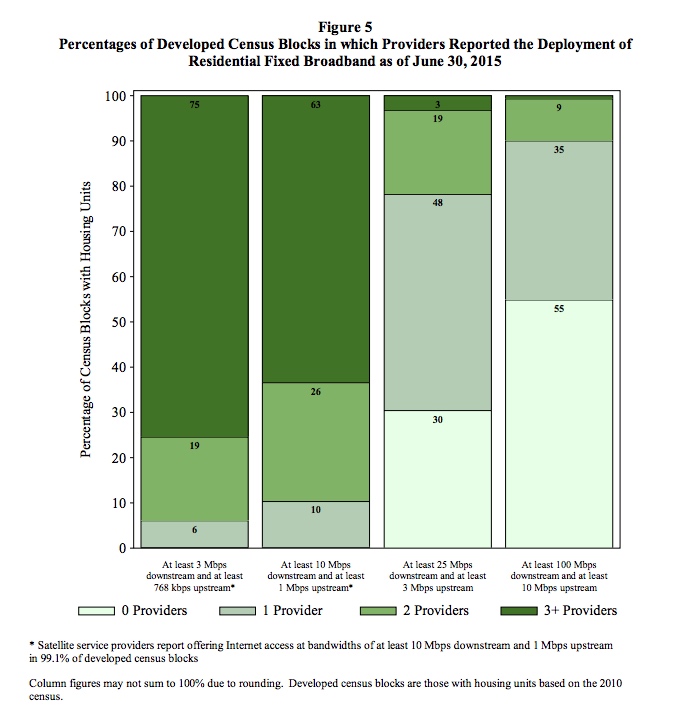Robbie said:
GameboyRMH said:
restricted only by the goodness of their hearts.
I don't mean to harp my point in this thread, but they are actually mainly restricted by their customers, just like any other corporation.
For all the "let's regulate this like utilities" arguments: I can buy power from many different suppliers and my electric company charges separately to deliver it to my house. There are also plans available where I pay different amounts for power at different times of day or different times of year. Same electrons, different price when coming from different places at different times. I have way more choice than I need. Why is there not electron neutrality? I can choose that plan if I like, or I can choose a different plan if a different one fits my needs better. I agree that they don't exactly make this easy knowledge, but the choices are out there for smart consumers.
I'm also not arguing that we should not have net neutrality, but rather that I'm not sure life without it is the end of the free world and the beginning of the decent into chaos.
That's a good analogy for an example, but it's actually a good example of why we need some form of net neutrality, not the opposite. In that example, the electric company could charge more for you buying electrons for them to deliver from anyone who isn't their "preferred" supplier. The different plans are like buying different bandwith amounts. And it's not just that they "could", it's a known proven, well documented fact that many of them have tried to do just that, and have directly said they will seek to do so again.
Also, with the effective Monopoly of most cable companies delivering internet access, it's not really a choice like you're saying it is, when the option is to buy from them or go without societally realistic internet access. Sure, you could have mobile based access only, but they do the same things as the cable isp's. To continue the electric analogy, it's like choosing from direct hookup to the power grid, or only living off solar.
The only argument I've heard in favor of a system other than classifying isp's under title II that made some sense, is what is done to handle traffic for specific health and infrastructure related traffic. An effective network of self driving cars communicating with each other is going to require a lot of bandwith, and with the vehicles occupants potentially at risk, probably needs a certain minimum set aside at the expense of Netflix resolution. I actually heard it from one of the FCC commissioners when I was watch/listening to the live stream of the ruling. We should be able to come up with regulations and systems that make reasonable compromises.
Speaking of watching the ruling, I couldn't believe Pai brought up how he "used the internet to FaceTime" this week after the BS that apple pulled with blocking it when Apple first enabled it to work over cell, not just wifi. 
Edit: I see I was a little late responding. Oh well, bears repeating/reinforcing.








































